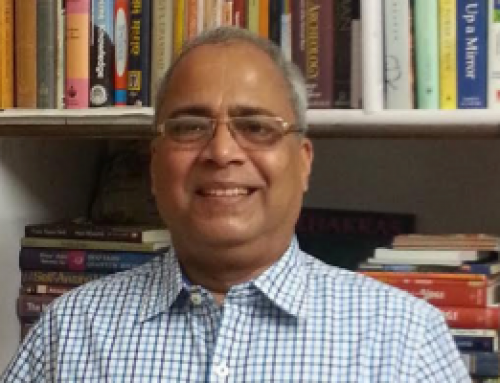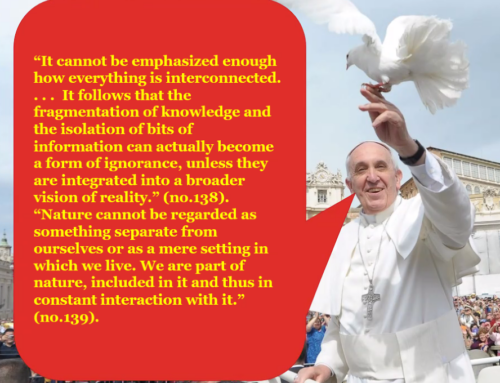In the mid-1950s, as the icy terror of the Cold War was cloaking the embering rubble of two World Wars, the BBC producer and cartoonist Hugh Burnett envisioned an unexampled program to serve both as a cross-cultural bridge and a mirror beaming back to a dimmed and discomposed humanity the noblest and most beautiful ideas of its noblest and most beautiful minds. Face to Face — a series of intimate conversations with people of genius, influence, and exceptional largeness of spirit, interviewed by the British broadcaster and politician John Freeman — began as short-wave radio broadcasts to listeners in the Far East and soon became a BBC television program. Television was then a young medium, aglow as any young medium with the promise of its potential and blind to its peril — something reflected with chilling clarity in Burnett’s own idealistic vision for it, so starkly contrasted by the echo chamber and manipulation laboratory television has become in the half-century since:
One of the most important functions of television is the honest display of human beings to one another. When this happens, it becomes possible to judge whether the standards and beliefs being held up for approval are really as valid and generally supported as we are led to believe. Social progress is slowed by isolation, and one of the great advantages of good television is that people are exposed to wide varieties of views and attitudes quite different form their own.
Among the thirty-five subjects included in the book, alongside Martin Luther King, Edith Sitwell, and Carl Jung, was the Nobel-winning English mathematician, logician, philosopher, and sanity steward Bertrand Russell (May 18, 1872–February 2, 1970), whom I continue to consider one of the most lucid and luminous minds our civilization has produced, and by far the philosopher whose ideas — ideas at the rare and necessary nexus of science and humanitarianism — I most admire in totality.
Popova, M. (n.d.). The Love of Truth and the Truth of Love: Bertrand Russell on the Two Pillars of Human Flourishing [Blog post]. Retrieved from https://www.brainpickings.org/2020/09/27/bertrand-russell-bbc-face-to-face/

